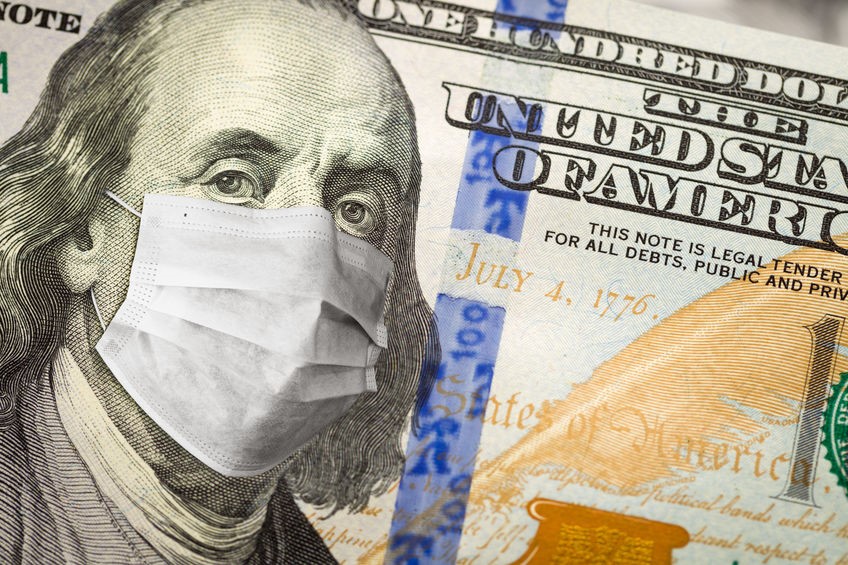The U.S. Senate unanimously passed an economic stimulus package by a vote of 96-0. Below is a brief summary of the bill, which the House of Representatives is expected to also pass. The bill offers about $2 trillion in economic relief for businesses and individuals in the following ways.
For businesses, the bill:
- Provides loans to employers to cover payroll and certain operating costs, and the loans are forgivable (to the extent of payroll costs, certain covered mortgage payments, rents, and covered utilities) in a tax-free manner in certain circumstances. It’s anticipated that SBA-approved banks will take the application, approve it, and fund the loan. If your bank is not already SBA-approved, we can help you locate one that is.
- Delays the due date for corporate estimated tax payments to October 15, 2020. This is in addition to IRS Notice 2020-18, issued March 20, that provides for a filing and payment extension to July 15, 2020, for 2019 income taxes and 2020 estimated income taxes originally due April 15, 2020.
- Delays the payment of certain employer and self-employment payroll taxes.
- Temporarily eliminates the 80% income limitation on the use of Net Operating Losses (NOLs) and provides for a 5-year carryback of certain NOLs.
- Accelerates the Alternative Minimum Tax credits for C-corporations as refundable.
- Temporarily expands the ability to deduct interest payments by limiting section 163(j) to 50% (from 30%) of adjusted taxable income. Separately, the proposed section 163(j) regulations have cleared The Office of Information and Regulatory Affairs (ORIA) review, so the final proposed section 163(j) regulations should be issued shortly.
- Makes a number of technical corrections to provisions of the Tax Cuts and Jobs Act (TCJA), including qualified improvement property, NOL effective date, an adjustment of the downward attribution rules for Controlled Foreign Corporations (CFC) purposes, and a change to section 965 (addressing repatriation).
For individuals, the bill:
- Provides rebates of up to $1,200 for single filers and $2,400 for joint filers, with $500 increases for each child. Phase-outs start at AGIs of $75,000 for single filers and $150,000 for joint filers.
- Delays estimated tax payments to October 15, 2020.
- Waives certain early withdrawal penalties for coronavirus-related withdrawals from qualified retirement plans.
- Allows for unemployment insurance to cover certain self-employed individuals, including gig workers.
- Allows up to $300 of charitable deductions for taxpayers taking the standard deduction for tax years beginning in 2020 and relaxes the limitation on taxpayers who itemize (this point, in particular, is being debated by the House).
Plenty of details need to be worked out to make each of these elements happen—and the final bill passed by the House may differ. For questions on tax relief and SBA loans, feel free to contact us.


